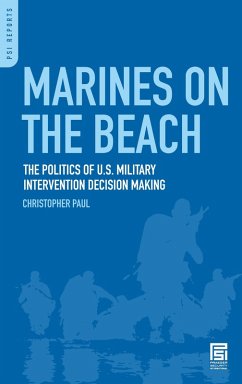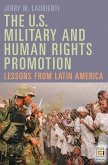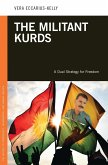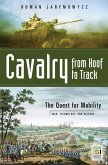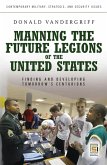Paul explores both how and why U.S. military intervention decisions are made. Pursuit of that inquiry requires the identification of decision participants, thorough examination of the decision making processes they employ, and recognition of several factors that influence intervention decisions: the national interest, legitimacy, and the legacies of previous policies. This book provides chapter length treatment of each of these issues. The research is based on detailed historical case studies for the four U.S. Marines on the beach military interventions in Latin America since World War II: The Dominican Republic (1965), Grenada (1983), Panama (1989), and Haiti (1994). Additional cases (notably Afghanistan and Iraq) enter the discussion when considering findings with broader implications.
Of the existing theories of governance that compete to explain government policy making, Paul finds that elite theory provides the best general model for intervention decision making, but that the notions of both pluralist and class theorists contribute to a complete explanation, and sometimes in an unexpected way. Findings also indicate considerable contribution from and constraint by institutional sources. However, far from finding that institutional factors are wholly deterministic, this research offers support for a choice-within-constraints model. Conclusions suggest that top decision-makers (especially the president) enjoy wide latitude in framing the national interest and in choosing where to and where not to intervene.
Of the existing theories of governance that compete to explain government policy making, Paul finds that elite theory provides the best general model for intervention decision making, but that the notions of both pluralist and class theorists contribute to a complete explanation, and sometimes in an unexpected way. Findings also indicate considerable contribution from and constraint by institutional sources. However, far from finding that institutional factors are wholly deterministic, this research offers support for a choice-within-constraints model. Conclusions suggest that top decision-makers (especially the president) enjoy wide latitude in framing the national interest and in choosing where to and where not to intervene.

